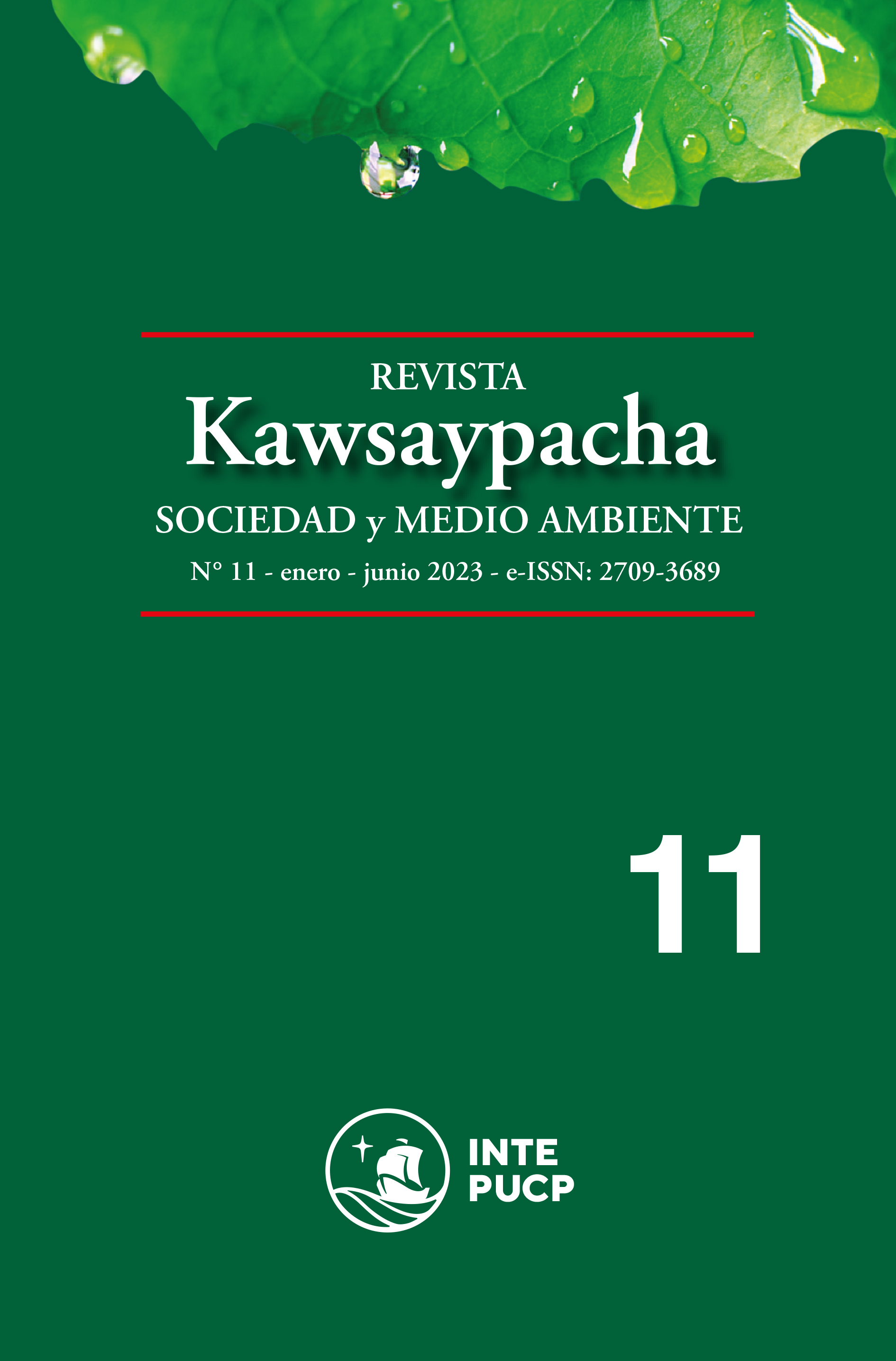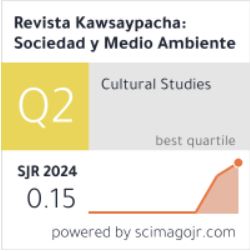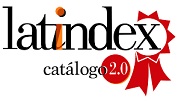Los derechos de la naturaleza y la necesidad de transitar hacia una nueva ontología
DOI:
https://doi.org/10.18800/kawsaypacha.202301.A005Palabras clave:
Derechos, Filosofía, Ontología, Razón instrumental, Hermenéutica, PerúResumen
La relación instrumental que los seres humanos hemos normalizado como vínculo con otras formas de vida no humanas nos ha conducido a construir un modo de vida que ha generado daños ambientales irreparables e irreversibles. Frente a ese escenario, el presente artículo se propone problematizar desde la perspectiva de algunas voces de la hermenéutica contemporánea la relación entre la naturaleza y la posibilidad de su acceso a derechos. Para tal propósito, la investigación se divide en cuatro secciones. Inicialmente, se desarrolla una revisión de los vínculos entre el antropocentrismo, el derecho moderno y la construcción de la identidad del sujeto moderno. Seguidamente, en continuidad con la idea anterior, se propone una interpretación de la búsqueda y producción del conocimiento como una actividad capaz de causar efectos destructivos al medio ambiente. Posteriormente, tal perspectiva se complementa con una reflexión en torno al mito del objetivismo científico como una actitud homogeneizadora que termina colonizando diferentes esferas de la cultura. Finalmente, se aborda la dominación de la naturaleza por parte del ser humano como una práctica que refleja el vínculo utilitario a través del cual hemos organizado nuestra forma de vida, el mismo que nos invita a pensar en la necesidad de transitar hacia un nuevo paradigma ontológico que nos posibilite construir una relación no jerarquizada ni excluyente respecto de formas de vida no humanas.















